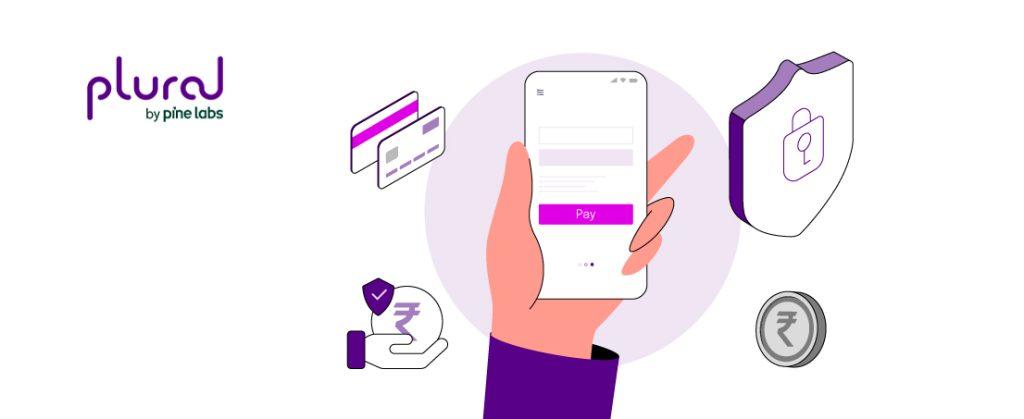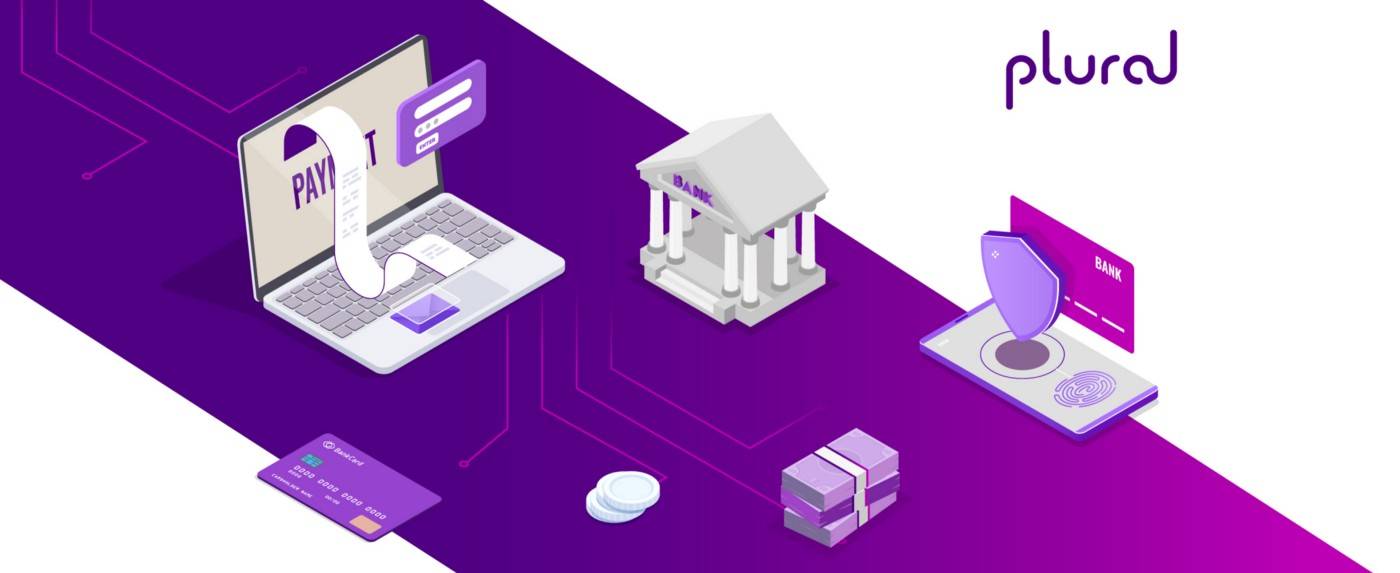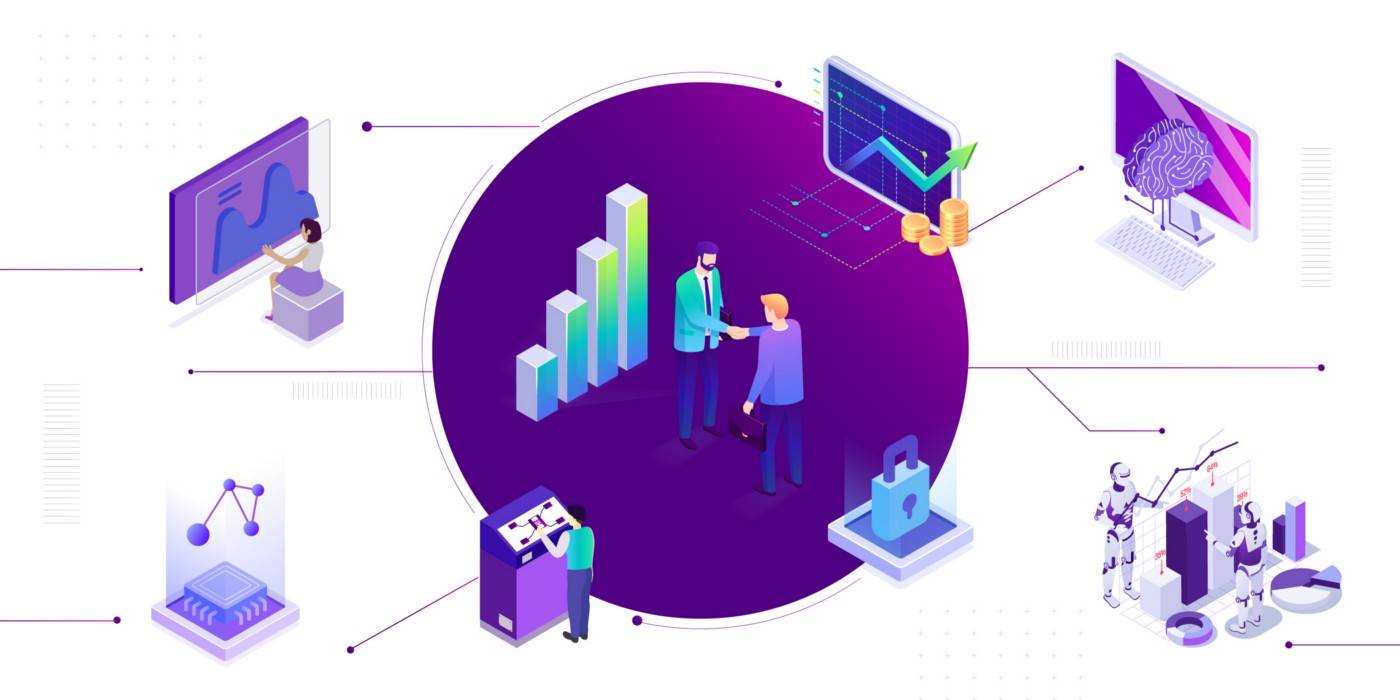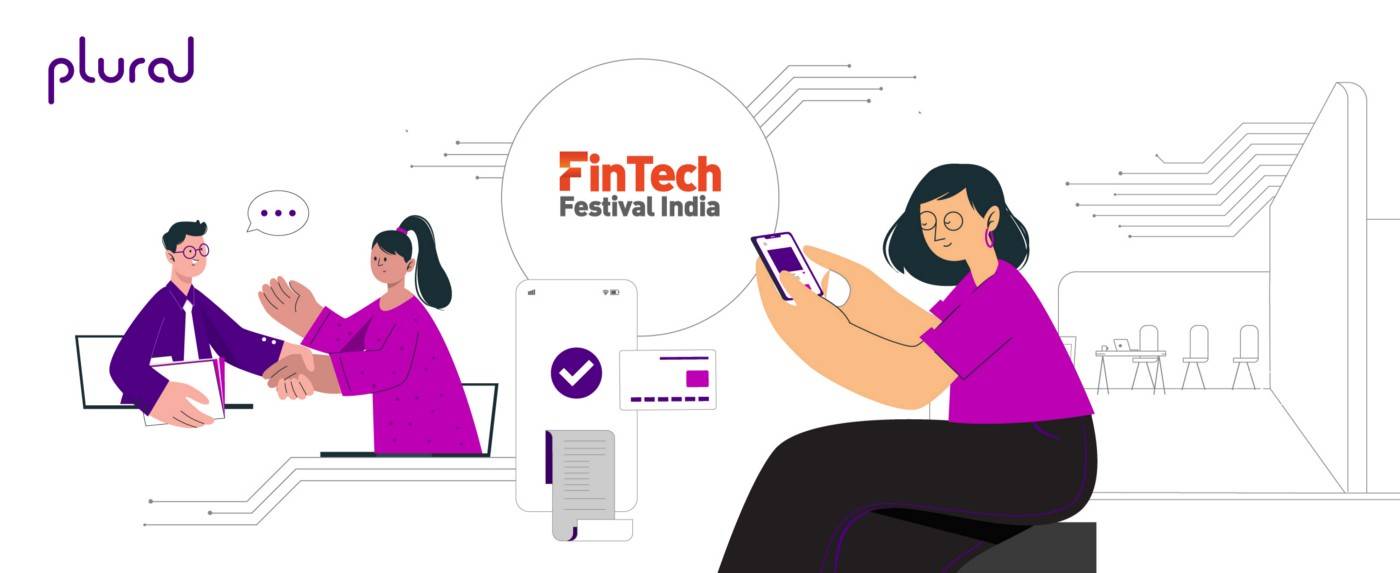The size of the online payments market has steadily grown over the last five years. However, it has accelerated since 2020 and is expected to reach a market value of $9.46 trillion in 2023. Over the next four years, it is projected to grow at a compound annual growth rate of 11.80% to reach a market size of $14.78 trillion by 2027.
The market’s largest segment is expected to be digital commerce, which is growing rapidly as more consumers transact via smartphones. These figures include payments for products and services online and digital payments at the point of sale (POS) via smartphone applications, offline.
According to another report, India, once considered a cash economy, now leads the world in real-time online payments. India’s online payments market alone is expected to hit $10 trillion by 2026. These trends and projections indicate that businesses must make online payments a key part of their business strategy. However, payment security is a concern among both consumers and businesses.
In this blog, we recommend how businesses can deliver robust payment solutions that guarantee customer payment security. This is a strategic step towards accelerating business growth.
What is payment security?
Today, customers are using a growing number of channels to make online transactions – from websites and social media to messaging apps. They also want to leverage their payment mode of choice – from credit cards and net banking to debit cards and UPI.
Payment security refers to the various steps businesses undertake to ensure seamless, safe, and secure transactions for their customers. Protecting customer data is the key to building trust, and driving sales, thereby increasing revenue and profitability. Businesses must invest in the right technology to enable customer payment security.
Key challenges of payment security
Businesses face several challenges that can compromise payment security:
Need for secure transactions across channels
Customers today want to transact through the channel of their choice. These can include social media platforms, messaging apps, the company website or through an app. Offering payment security across multiple channels can be a challenge.
Demand for more payment modes and channels
Customers want to reap the benefits of transacting in their payment mode of choice. For instance, credit card users may abandon their carts because the website does not accept credit cards. A customer may also seek ‘Buy Now, Pay Later’ options, which enable them to access credit without having a credit card.
But it is not enough for businesses to offer multiple payment modes. They must ensure that every payment mode is delivered with adequate payment security. For instance, sharing bank account details with customers on social media messenger to facilitate payments is poor practice and can compromise payment security.
A high number of payment failures demands the need for payment security
A high number of failed payments can lower consumer trust. Network declines can happen for several reasons, such as insufficient funds, inaccurate card details being entered, or suspicion of fraud by the issuing bank. Businesses must take adequate steps to reduce declined payments and ensure secure transactions.
Growing incidences of data breach
There is a growing concern among customers about data breaches. For instance, in 2022, 37,000 customers‘ payment details were leaked and made public by professional hackers. Sensitive data such as credit or debit card details are also vulnerable to data breaches during transactions. Another survey conducted in over 18 markets revealed that one in four consumers surveyed had experienced some type of fraud.
Despite these occurrences, more customers are choosing to shop online. Businesses making early investments in fraud prevention technology will be able to deliver secure transactions, which in turn, can drive revenue growth for their business.
How to ensure secure transactions
Here is a snapshot of fraud prevention innovations being leveraged by businesses to ensure payment security:
Introduction of a robust payment gateway
Lack of trust, limited payment options, and declined credit cards are top reasons for cart abandonment, thus costing merchants significant revenues. All these challenges can be addressed by integrating a superior payment gateway that prioritises payment security.
The payment gateway must cover the full spectrum of payment modes, including the affordability options such as Equated Monthly Instalments (EMIs), Buy Now Pay Later, custom branded pages, and easy integrations with key social media and messaging app platforms.
Leveraging tokeniser solutions
Another solution that is gaining popularity is card token solutions. Reserve Bank of India (RBI)’s guidelines mandate that no entity other than the card issuer and card networks can store cardholder data. Plural Tokeniser by Pine Labs aligns with the new mandate.
This Card-on-File or CoF tokenisation solution replaces the cardholder’s debit or credit card details with ‘tokens,’ which are randomly generated numbers. The merchant uses the token reference ID to fetch full token PAN and transaction-specific cryptogram in real time. Then the tokenised card transaction is processed.
Plural Tokeniser works across leading card networks, offering features such as OTP-based two-factor authentication and visibility to issuers on where the tokens are being stored. The key benefits for merchants include better transaction approval rates, seamless user experience, outsourcing of security risks for businesses, real-time access, and protection from card-related sensitive breaches.
The Conclusion
In 2022, the global average cost of a data breach reached $4.35 million. A single case of breach of security during an online transaction can devastate a business’s reputation. The audit fees post a data breach also tend to be higher.
Small businesses bear the brunt even more, as they have limited resources to spend on damage control initiatives. Hence, prevention is better than cure. Investment in a cost-effective, superior payment gateway can ensure payment security for all online transactions.
At Plural by Pine Labs, we provide a comprehensive online payment gateway designed to help you secure customers’ financial data. We do not store any sensitive data. Additionally, we have invested in industry-standard security systems to ensure data is secure. Along with this, we are PCI SAD Q compliant and use the highest SSL encryption to ensure the complete security of sensitive payment data. Lastly, we replace 16-digit card numbers with tokens as per RBI regulations to lockdown on security and limit data exposure.
To learn more about Plural Gateway, or to get started, reach out to us.
Plural by Pine Labs has received an in-principle authorization from the Reserve Bank of India (RBI) to operate as a Payment Aggregator.

Amrita Konaiagari is a Marketing Manager at Plural by Pine Labs and Editor of the Plural blog. She has over 10 years of marketing experience across Media & Tech industries and holds a Master’s degree in Communication and Journalism. She has a passion for home décor and is most definitely a dog person.




